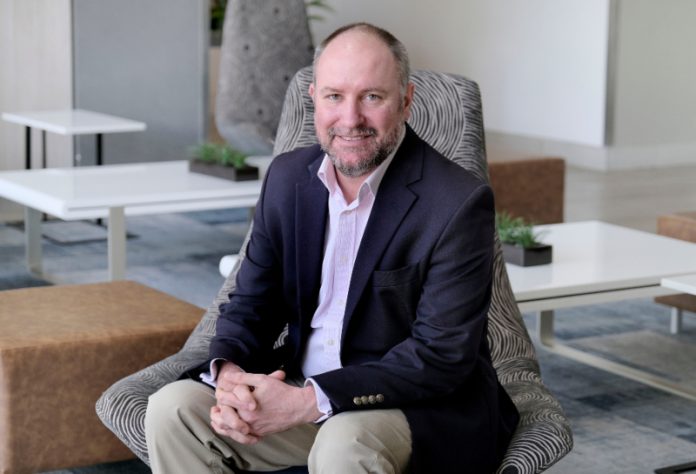Finding the right cloud solution for your organisation’s needs has become an essential task in any modern business operation. But with so many service providers out there it can be an overwhelming decision. Many companies have hitched their ride to so-called hyperscalers like Amazon Web Services (AWS), Microsoft Azure, and Google Cloud, but it might not be the right decision for your business. In fact, more often than not, you would do well to consider local cloud companies instead. Here’s why.
Expertise
While it is true that South Africa is losing expertise to emigration, many still choose to stay. And the good news is that local cloud operators are just as good, if not better than those in Europe, the USA, or elsewhere – that’s why they have no trouble finding jobs there, says Andrew Cruise, Managing Director of Routed, a local VMware Cloud Verified provider and VMware Principal Partner. “We’re using the same great software and hardware as international companies, and the expertise that we have is comparable to them, if not better. Routed, for example, frequently gets invited to global conferences because we are leading the pack in our strategy and how we execute it.”
Personalised support
Importantly, choosing a local company also means you benefit from local support. “Hyperscalers cater to a massive client base, which can lead to impersonal and sometimes slow customer support. Private, local cloud companies are better equipped to offer personalised, dedicated support. They intimately understand local organisations’ needs, enabling faster issue resolution and more effective communication,” says Cruise.
Reliable costs
Though the price of everything from groceries to technology is subject to the fluctuating rand, you’ll find that local cloud providers are more consistent in their pricing, says Cruise. “Hyperscalers’ pay-as-you-go pricing can lead to unpredictable costs as your usage scales up or down. They’re also notorious for adding unexpected line items onto bills, and for unilaterally changing their prices as currencies shift.”
“Local pricing models are much more predictable from month to month, and many offer fixed monthly or annual fees. This certainty allows for better financial planning and cost control,” adds Cruise.
Improved customisation
Hyperscalers offer a broad range of services and features, but this is often sold as a one-size-fits-all approach. Private cloud companies can provide tailor-made solutions specifically designed for your organisation’s requirements. “This is especially true if they’re vendor-neutral, which means they’re unbiased and can align your needs with the most efficient solutions instead of locking you in with one vendor,” says Cruise.
Time savings
On average, it takes about six months to move all your operations to cloud. With hyperscalers, that timeframe can increase to 18 months. Cruise explains: “If you’re running VMware, which most large enterprises are, moving into a VMware cloud environment is almost seamless. Going into a completely different environment means having to re-architect security, performance, and much more – necessitating more labour, capital, and time.”
Sovereignty and compliance
Global operators cannot guarantee that your data will be stored only within the borders of a specific country, which can lead to potential compliance issues. Local companies, however, are more likely to adhere to data sovereignty requirements. “And even if it’s not legally required, a sovereign cloud ensures all data and backups will stay on home soil, preventing foreign access and improving security,” adds Cruise.
Even as a staunch supporter of the local market, Cruise does have a word of warning: Do your homework when choosing a local operator. “Though there is great expertise and a thriving industry in South Africa, not every local cloud operator will be good. Proximity should not be the only factor in this decision.”
But with a reliable operator backed by solid credentials, local is superior. “At Routed, we have no intention of taking what we do to Europe or the USA. We were the first VMware Cloud Verified provider in Africa and we want to be the biggest and best, specialising in localised solutions for organisations operating on South African soil. We’re not a faceless corporation, we’re here for local companies, and we intend to stay.”




